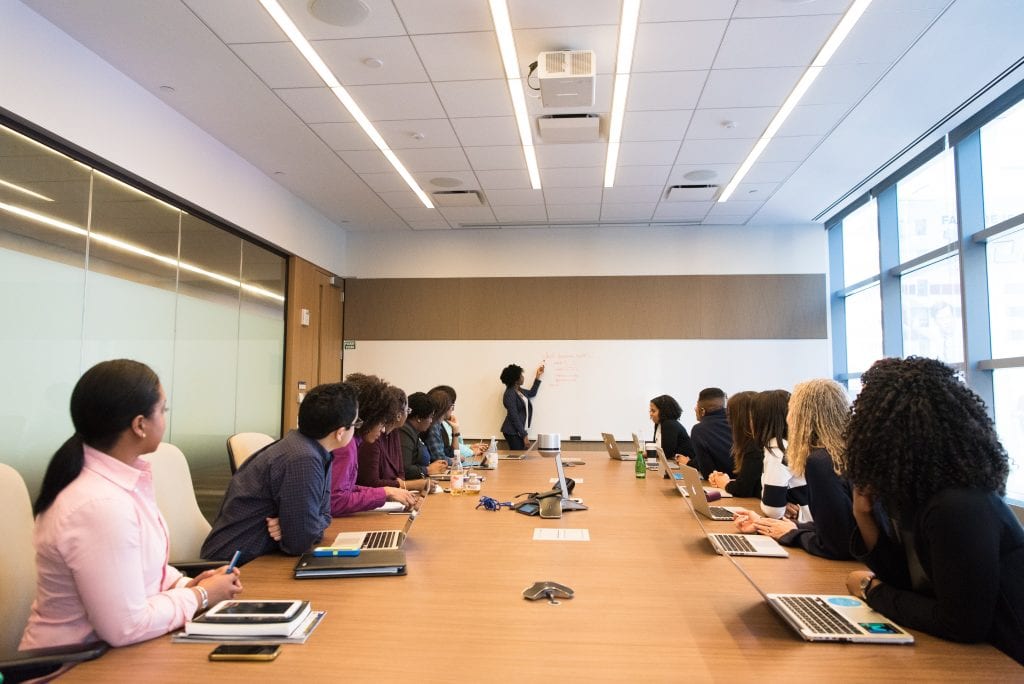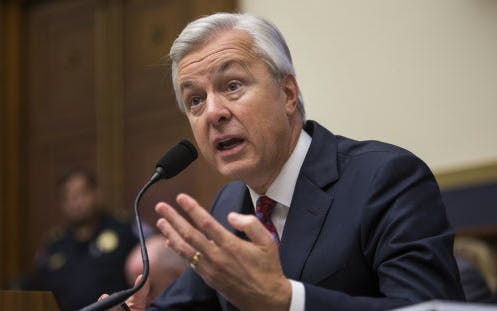White House proposal may create independent corporate investigation opportunity
When gaps appear in corporate accountability, can private investigators step up to conduct an independent corporate investigation? The White House reported last week that it will be taking steps towards minimizing investigations into corporate misconduct and reducing a government agency’s ability to open more than one probe into a single company concurrently. While independent agencies such […]
Invest in Background Checks for Nonprofit Boards

A nonprofit background check for supervisory board members is not only prudent in the name of good hiring practice, but also in the name of protecting the nonprofit from toxic leadership that can rot the organization from within. Luckily, a private investigator can provide the intelligence needed for full transparency. When it comes to nonprofits […]
United Way investigation concludes, complaintants feel defeated
If you follow the mission and directives of nonprofit organizations, you’ve likely heard of United Way Worldwide. According to their website, the nonprofit “advances the common good in communities across the world. Our focus is on education, income and health—the building blocks for a good quality of life.” However noble their mission statement, United Way […]
Essential Employees See Decline in Corporate Culture

Internal Investigations During Coronavirus

Corporate Investigations Move to Telecommunications During COVID-19 Outbreak COVID-19, or “the corona virus” has already had an unprecedented effect on the world’s economy in the 21st century. Millions across the globe are currently practicing self-quarantine or “social-distancing”, while many workplaces are shutting down in order to prevent the spread of the virus. While many struggle […]
Corporate Culture in the Moloson Coors shooting
Just after lunch last Wednesday, violence erupted in Milwaukee, WI at the famous Molson Coors factory, when an employee walked in with a loaded firearm and began shooting, leaving 5 victims and the shooter deceased. The violence is another in a string of shootings in the workplace that has corporate leadership wondering what their role […]
Former Wells Fargo executive slapped with $17.5 billion in fines

The Office of the Comptroller of the Currency, a division of the Treasury Department in the United States, has finally stuck a blow against one of the most reckless financial institutions in the nation, Wells Fargo. This federal department has linked a former chief executive of Wells Fargo with compulsion on the part of leadership […]
National Law Relations Board reverses controversial position on internal investigations

Employers across the country have operated in a sea of gray area when it comes to confidentiality among employees regarding internal investigations. The question remained whether or not employers were able to require employees to keep internal investigations internal while they were in full swing. Prior to the new year, the National Labor Relations Board […]
Fishbowl Investigations: Conducting Visible Internal Investigations

Corporations that have seen a decline in their corporate culture are turning to internal investigation and risk assessment firms for help in 2020. The discourse around corporate culture has evolved significantly over the last few years, with employees voicing their desire for work-life balance and how corporate culture directly impacts their decision to stay with […]
Employee Theft: A Symptom of Poor Corporate Culture
Regardless of the industry, all businesses should be vigilant with regards to employee theft. Employee theft can come in all shapes and sizes, from an administrative assistant pocketing some extra Post-Its to hardcore embezzlement on behalf of leadership. It can be easy to dismiss repeated instances of employee theft as isolated incidents, implementing disciplinary action […]